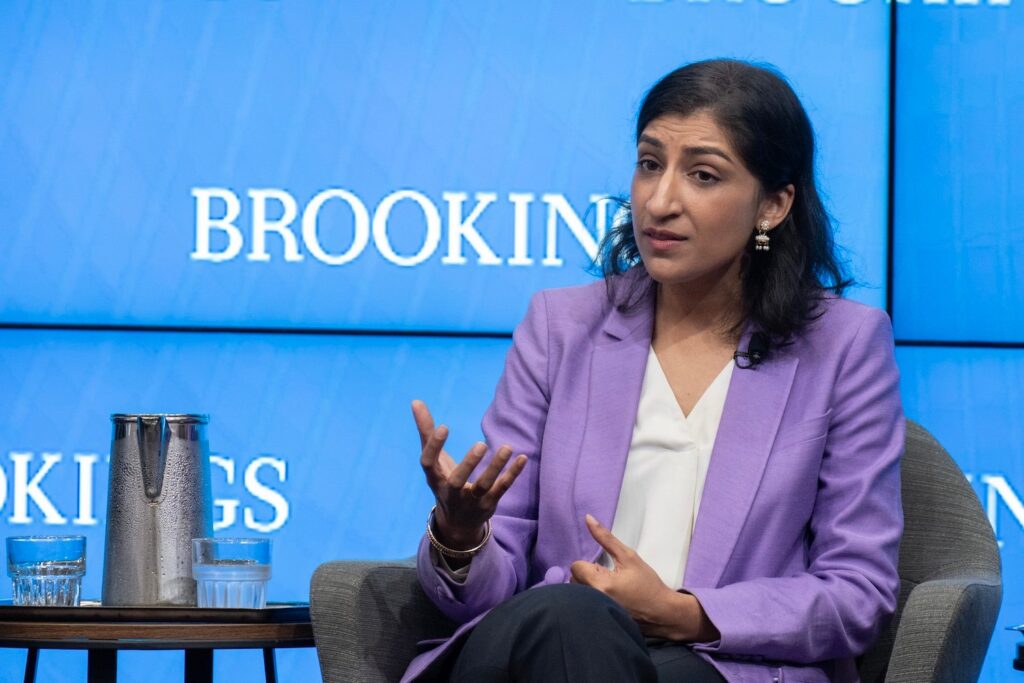The number of complaints about unwanted telemarketing calls in the U.S. has dropped a whopping 50% since 2021, according to the FTC’s annual report on spam calls released Friday. The federal agency launched Operation Stop Spam Calls in 2023, one of many efforts credited with helping cut back on the number of annoying calls Americans get from telemarketers.
The most common complaint about spam calls to the FTC over the past year was regarding medical and prescription issues, with imposters being the second most common, and reducing debt the third. The other categories rounding out the list include energy, solar, and utilities as well as home improvement and cleaning complaints.
Some of the spam complaints were regarding live callers, but the majority were so-called robocalls. In fiscal year 2024, which ended Sept. 30, the FTC received 1.1 million complaints about robocalls, down from 1.2 million in 2023, and over 3.4 million in 2021.
There are over 253 million people registered on the Do Not Call list right now. In 2023 that number was 249 million, 246 million in 2022, and 244 million on the list in 2021. Americans can put their number on the Do Not Call registry by visiting donotcall.gov or by calling the toll‐free number 888‐382‐1222. Calling that number should be done from the phone you want to register.
The new report includes some interesting data, including a ranking of the states with the highest percentage of people who’ve registered for the Do Not Call list. The states with the most active registrations relative to their population include New Hampshire, Connecticut, and Massachusetts. The fewest registrations were in Alaska, with Hawaii and Texas not far behind.
The FTC’s report includes detailed breakdowns for each state and can be viewed at the agency’s website. And there has been real progress in getting rid of at least some unwanted calls. But the folks at the FTC know they still have work to do.
“Illegal calls remain a scourge, but the FTC’s strategy to pursue upstream players and equip the agency to confront emerging threats is showing clear signs of success,” said Sam Levine, Director of the FTC’s Bureau of Consumer Protection, in a statement published online. “In the years to come, it will be critical we continue this progress by confronting not only telemarketers but those firms who knowingly profit from scam calls.”
That line “years to come,” certainly sounds ominous after Donald Trump won the presidential election on Nov. 5. After all, the likely peak of the scam robocall era was the end of the 2010s, when Trump was president. And it’s unlikely that anyone who may be installed at the FTC by Trump will be as aggressive with consumer protection than the current head of the agency Lina Khan. In fact, given the names Trump has put forward for important agencies, like Pete Hegseth for Secretary of Defense and Matt Gaetz for Attorney General, it’s probably a safe bet that Khan will be replaced by some complete clown who has no qualifications aside from loyalty to Trump.
Get ready for a lot more robocalls in the coming years, my friends.


